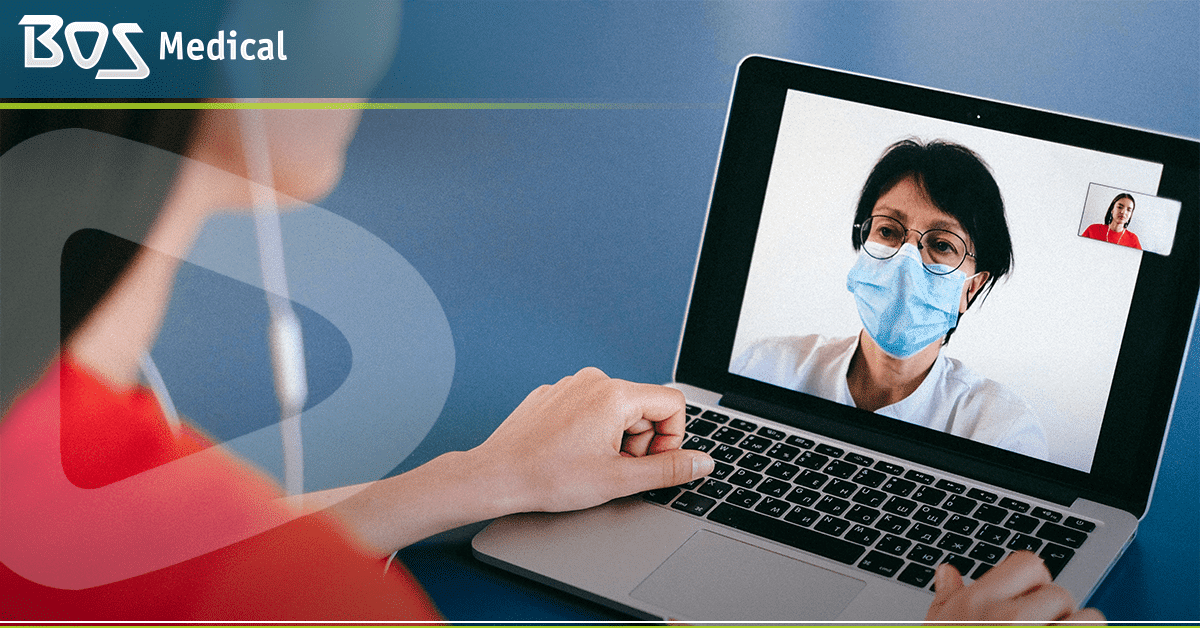For most nurses, the only thing that stays consistent in their day-to-day role is the fact that things are constantly changing. This can make the transition from the classroom to the workplace very tough for nurses just beginning their medical career, since the majority of the training they receive before reaching the hectic workplace is centered around stable, theoretical examples. Dr. Elena Capella, Assistant Professor at the University of San Francisco’s School of Nursing and Health Professions, is trying to change that by applying chaos theory in her classroom. Continue reading to discover how chaos theory, as well as self-reflection, can help reduce stress and improve the effectiveness of nurses in the workplace.
So, What Is Chaos Theory?
According to the Fractal Foundation, chaos theory is defined as the science of surprises, of the nonlinear and the unpredictable. It teaches us to expect the unexpected. While most traditional science deals with predictable phenomena like gravity, chaos theory deals with nonlinear things that are effectively impossible to control.
To understand the theory, it is important to consider the principles of chaos. These are:
1. The Butterfly Effect
This describes the phenomenon of how a butterfly’s actions at one date and time can have far-flung effects on the environment and the people who inhabit it. For instance, a butterfly flapping its wings at a certain date, time, and location can ultimately lead to a hurricane. Although the hurricane won’t happen instantaneously, it only occurs due to the fact that the butterfly flapped its wings at a certain date, time, and location.
Of course, the butterfly effect applies to nursing, too. One nurse’s actions can have far-flung effects on a patient and their family. Much in the same vein, a nurse’s actions can impact their coworkers and anyone else who comes into contact with this individual. And they can have long-lasting ramifications on a healthcare facility’s ability to deliver the best-possible patient outcomes.
2. Unpredictability
It is virtually impossible to predict the future, regardless of the data available. At the same time, it is exceedingly difficult to predict how one action can change the world.
In nursing, it is paramount to consider the unpredictability of medicine. A nurse may use all of the information at their disposal to make a data-driven prediction of how a patient will perform during a treatment. Yet, there are no guarantees that the treatment will be successful. Therefore, a nurse must be flexible to account for the unpredictability that goes with working in the medical field.
3. Mixing
The idea behind mixing is that two different points will move in different directions after time passes. There can also be turbulence that causes the points to change course without notice.
Mixing happens in nursing. For example, a nurse can work with a patient to achieve a common goal. However, the nurse and patient can grow apart over time. This is due to the fact that the nurse may help a patient improve their health, to the point where he or she no longer requires additional medical care. Or, the patient may require more intensive treatment.
4. Feedback
People can act chaotically based on the feedback they receive. If people take feedback too seriously or not seriously enough, they may make rash decisions.
As a nurse, it is crucial to consider feedback. This allows a nurse to learn from patients, colleagues, and others. The nurse can then apply this feedback to make informed choices. He or she can use feedback to continuously improve at their day-to-day work.
5. Fractals
Fractals refer to never-ending patterns. They repeat in an ongoing loop driven by feedback.
Nurses must be careful to identify successful and unsuccessful patterns. The best nurses understand what they need to do to succeed. They take steps to develop healthy habits that ensure long-lasting success.
On the other hand, if a nurse develops bad habits, he or she may be doomed to fail. By keeping an eye out for bad habits, a nurse can address them right away. From here, the nurse can learn from any past mistakes and take measures to move forward.
How Can It Be Applied to Nursing?
Chaos theory states that things are loosely associated. In the medical industry, there are a lot of protocols, a lot of science, and a lot of standardization. However, you’re dealing with patients which introduce complexities to an otherwise organized and directed approach. There are patients who don’t follow protocols, patients with different backgrounds, miscommunications, and coordination issues. These complexities make the healthcare environment disorganized and chaotic.
When chaos occurs you need someone who can redirect everyone’s attention and energy in the most efficient manner. If you train your medical staff to understand chaos theory, they can be that person. They’ll understand instability on a deeper level and nurses will be able to quickly assess and cope with overwhelming situations.
Training nurses to expect the unexpected will give them the skills and confidence they need to perform better during hectic situations.
Looking for Talented Medical Staff That Can Perform Well in a Chaotic Environment?
Let the experienced recruiters at BOS Medical Staffing help. Since 2008, BOS Medical has brought talented nurses, therapists and medical administrators together with top facilities in Northeast Georgia and nationwide. Contact BOS Medical today to talk about customized staffing solutions for your medical facility.






